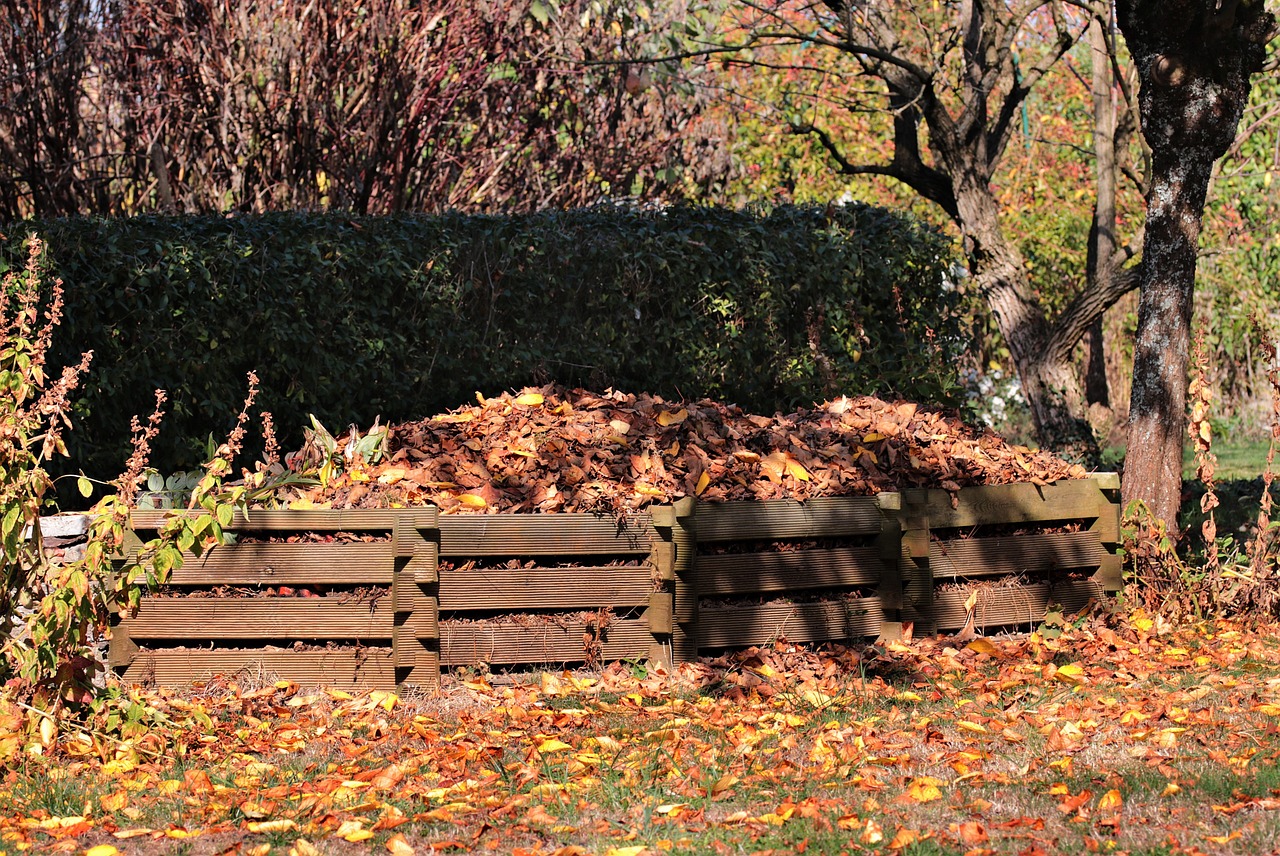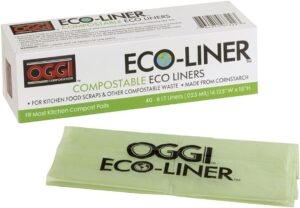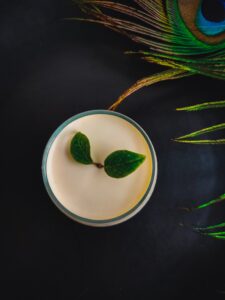Sure, let’s get started!
In our experience, managing a compost pile can be incredibly rewarding, but fruit flies can sometimes become an unwanted guest. In this article, “How Do I Get Rid Of Fruit Flies In My Compost?”, we explore practical and effective methods to tackle this pesky problem. We’ll dive into preventative measures, natural remedies, and the science behind why fruit flies are attracted to our compost in the first place. By the end, we’ll be well-equipped to maintain a healthy, fruit fly-free compost system that contributes positively to our gardening efforts. Let’s reclaim our compost and make it the best it can be! How do I get rid of fruit flies in my compost? It’s a common question that bugs many of us who are dedicated to composting at home. Fruit flies are tiny, persistent intruders that seem to thrive in the warm, moist environments of our compost bins, and while they might seem harmless, they can quickly become a nuisance. Luckily for us, getting rid of them is entirely possible with a few tips and tricks.
Understanding Fruit Flies
What Are Fruit Flies?
Fruit flies, or Drosophila melanogaster, are small flies about 1/8 inch in size. They are typically attracted to ripening fruits and vegetables, which contain sugars that these little flies love. They are most commonly found in kitchens, compost bins, and anywhere else where organic matter is decaying.
Why Do Fruit Flies Love Our Compost?
Compost bins are like paradise for fruit flies. They thrive in warm, moist environments and are drawn to the rotting fruits, vegetables, and other organic matter that makes up our compost. This provides them with a perfect place to lay their eggs, ensuring a constant supply of food for their larvae. However, knowing a bit about what attracts them can help us take effective steps to keep them away.
Preventing Fruit Flies in Compost
Covering Food Scraps
One of the simplest yet most effective ways to deter fruit flies is by covering food scraps. When we add fresh fruit and vegetable waste to the compost bin, it’s essential to cover it with a layer of brown materials like dried leaves, paper, or sawdust. This creates a barrier that can significantly reduce the smell and prevent fruit flies from finding these food sources.
| Material | Description | Frequency Frequency |
|---|---|---|
| Dried Leaves | Natural, abundant, breaks down slowly | Every time fresh scraps are added |
| Paper | Shredded newspaper, cardboard | As needed |
| Sawdust | Fine, natural, helps absorb moisture | As needed |
Balancing Green and Brown Materials
We must aim for a balanced mix of green (nitrogen-rich) and brown (carbon-rich) materials in our compost. This balance is crucial not only for composting efficiency but also for keeping fruit flies at bay. A compost mix that’s too heavy on green materials tends to be wetter and more attractive to flies.
| Green Materials | Brown Materials |
|---|---|
| Fruit Scraps | Dried Leaves |
| Vegetable Peels | Paper |
| Coffee Grounds | Sawdust |
Turning the Compost Regularly
Turning the compost every week or two can help in several ways. Not only does it speed up the composting process by aerating the pile, but it also helps to distribute the moisture evenly and disturbs any fruit fly larvae or eggs that might be developing.
Maintaining Proper Moisture Levels
Keeping the compost pile at the right moisture level is another critical factor. A properly moist compost pile should feel like a wrung-out sponge—not too dry, but not soggy either. Excess moisture can attract fruit flies, so if the compost seems too wet, adding brown materials can help absorb some of that moisture.
Using Covered Compost Bins
Using a covered compost bin can drastically reduce the likelihood of fruit flies. The cover creates a physical barrier that not only keeps fruit flies out but also helps to retain heat and moisture, making the composting process more efficient.

Eradicating Existing Fruit Flies
Using Vinegar Traps
If fruit flies have already found their way into the compost bin, vinegar traps can be a handy solution. We can create a simple trap using a small container filled with apple cider vinegar and a few drops of dish soap. Cover the container with plastic wrap and poke a few small holes in the top. The vinegar attracts the fruit flies, and the dish soap breaks the surface tension, causing them to drown.
Placing Flypaper Near Compost
Flypaper is another effective method for capturing fruit flies. These sticky strips can catch flies in significant numbers, reducing the overall population around the compost bin.
Utilizing Diatomaceous Earth
Sprinkling diatomaceous earth on the surface of the compost can help eliminate fruit flies and other pests. This natural, non-toxic powder is made from fossilized remains of tiny aquatic organisms and works by dehydrating and killing insects that come into contact with it.
| Method | Description | Effectiveness Level |
|---|---|---|
| Vinegar Traps | Attracts and traps flies using vinegar and dish soap | High |
| Flypaper | Sticky strips that capture flies | Medium |
| Diatomaceous Earth | Natural powder that dehydrates and kills insects | High |
Natural Predators and Biological Control
Encouraging Beneficial Insects
Certain insects can serve as natural predators to fruit flies. By encouraging the presence of beneficial insects like ladybugs or certain nematodes, we can naturally reduce the fruit fly population in and around our compost bins.
Adding Compost Worms
Vermicomposting involves using worms, especially red wigglers, to break down compost materials. The worms consume the fruit waste quickly, which makes it less attractive to fruit flies.

Community Solutions and Shared Practices
Collaborating with Local Composting Groups
Sharing experiences and solutions with local composting groups or community gardens can provide new insights and effective methods for managing fruit flies. These groups often share tips and tricks that have proven successful in similar environments.
Hosting Workshops or Information Sessions
Organizing or attending workshops on composting can also be beneficial. These sessions often provide hands-on learning experiences and the chance to ask questions and get immediate feedback.
Eco-Friendly Pest Control Options
Essential Oils
Some essential oils, such as lemongrass, eucalyptus, or peppermint, are known to repel fruit flies. Spraying a diluted solution of these oils around the compost bin can deter fruit flies without using harmful chemicals.
| Essential Oil | Description | Usage |
|---|---|---|
| Lemongrass Oil | Strong citrus scent repels fruit flies | Spray diluted solution around compost bin |
| Eucalyptus Oil | Strong medicinal scent | Spray diluted solution around compost bin |
| Peppermint Oil | Minty scent, effective repellent | Spray diluted solution around compost bin |
Neem Oil
Neem oil is another natural pesticide that can help with fruit fly infestations. It works by disrupting the life cycle of the insects, preventing them from maturing or reproducing. Spraying neem oil on the compost surface can help manage the fly population.

Long-Term Solutions for Fruit Fly Management
Improving Compost Bin Design
Adjusting the design of our compost bin can be a long-term solution to prevent fruit flies. For instance, ensuring proper ventilation while maintaining a secure cover can create an environment that is less hospitable to these pests.
Seasonal Variations and Adjustments
Adjusting our composting practices according to the seasons can also make a significant difference. During warmer months, when fruit flies are more active, we might consider being extra diligent with covering food scraps, turning the compost more frequently, and maintaining lower moisture levels.
Ongoing Monitoring and Adjustment
Regularly checking on the compost bin and making necessary adjustments is key to maintaining a fruit fly-free compost. This includes monitoring moisture levels, balancing green and brown materials, and being on the lookout for any signs of an infestation.
Conclusion
Dealing with fruit flies in our compost might seem like a daunting task, but with the right strategies, it’s completely manageable. By understanding what attracts these pesky insects and implementing a combination of preventive measures and eradication techniques, we can maintain a healthy, efficient compost system. Let’s stay informed and proactive, making small adjustments as needed, so we can continue our composting journey with fewer interruptions from fruit flies. Happy composting!



